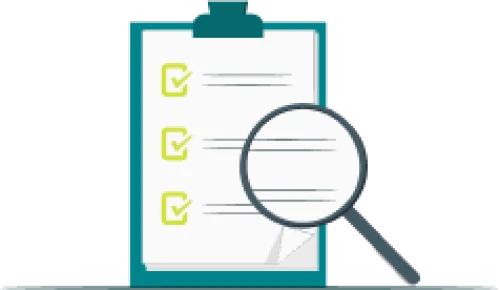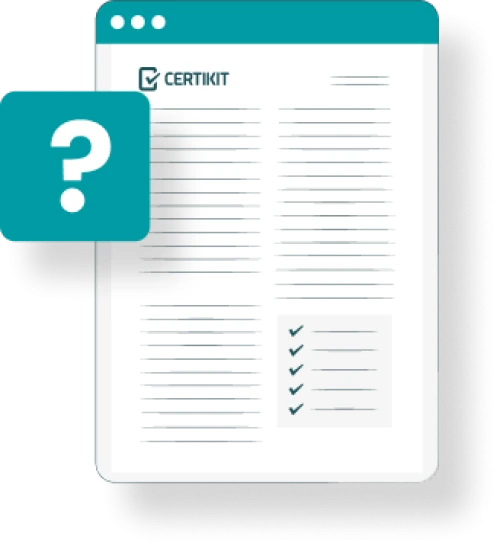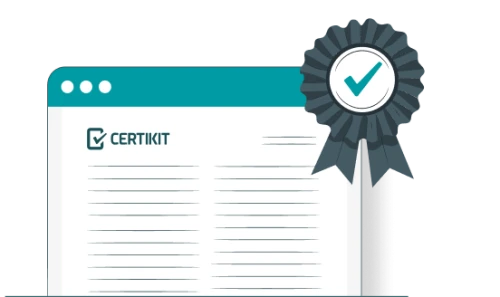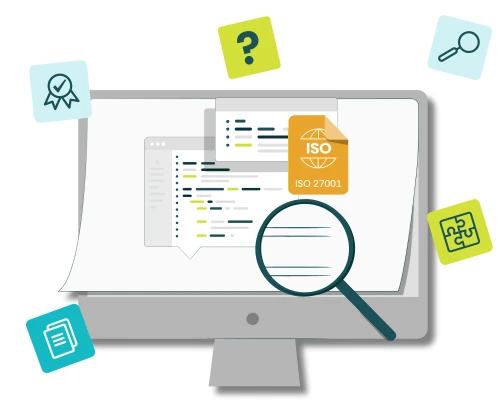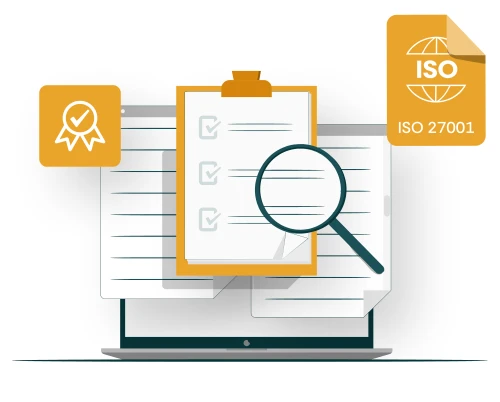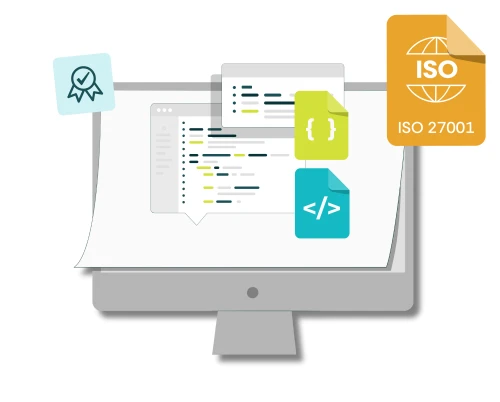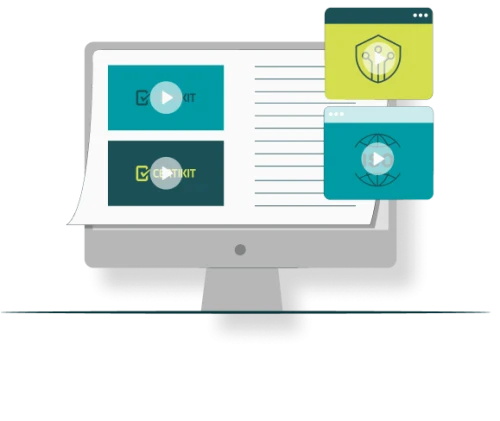ISO27001 is widely recognised as one of the most effective frameworks for enhancing and maintaining cybersecurity in today’s digital landscape. While it doesn’t eliminate all risks, it significantly reduces the likelihood of security incidents.
From our bestselling ISO27001 toolkit to expert consultancy and internal auditing, we provide the resources and expertise needed to streamline your ISMS implementation and accelerate your path to certification.

